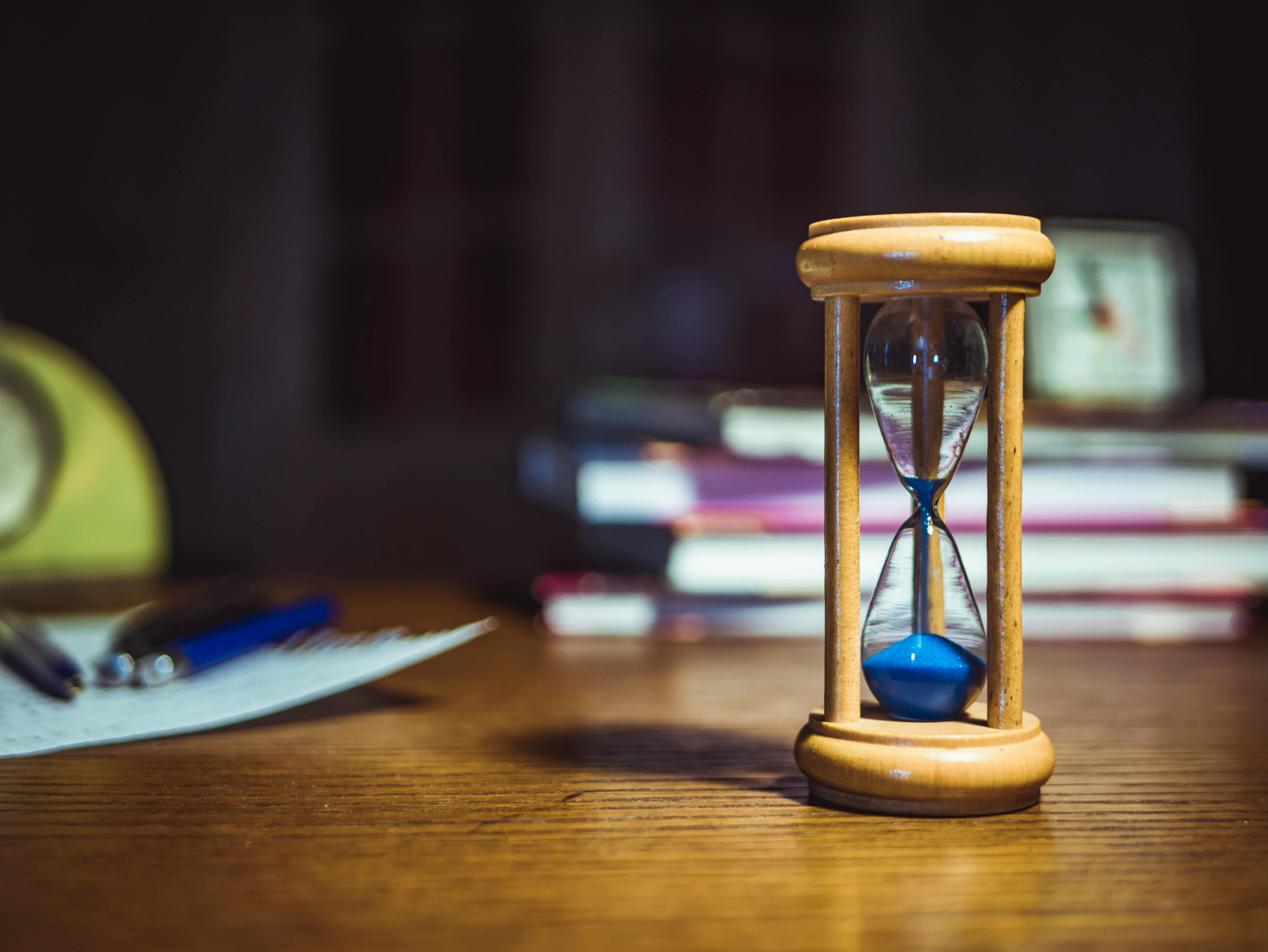The countdown begins for audiobooks on Spotify

Photo: Mike

As Spotify rolls out music-like features for audiobooks, the company still finds itself at odds with the music business, courting one publishing industry while ruffling the feathers of another. So far, Spotify’s publisher dilemma is only intensifying, making it all the more interesting that the company is introducing audiobook countdown pages — effectively album pre-saves but for audiobooks — in the midst of it all.
Rather than coming to a resolution with the National Music Publishers Association (NMPA), whose president called Spotify’s recalculation of music publishing royalties “cynical” and “potentially unlawful”, Spotify has instead doubled down on audiobook bundling. Consequently, the Mechanical Licensing Collective (MLC) is pursuing legal action against the streaming giant, forcing Spotify into a high stakes semantic game in which courts may have to decide what a bundle is and whether audiobooks only provide “token value”. Meanwhile, Spotify’s ostensibly innocuous new feature for audiobooks may provide the platform with an important legal defense while changing the way users interact with non-music audio.
The potential legal importance of countdown pages
A significant part of the MLC’s legal argument hinges on the definitions of bundling and token value. As Music Business Worldwide reports, a bundle, in the context of the Phonorecords IV agreement between publishers and Spotify, is a “combination of music streaming and ‘one or more products or services having more than token value, purchased by end users in a single transaction’”. For the MLC, implicit in their argument against Spotify’s reduction in royalty rates for bundled music content is the assumption that audiobooks (at least the way they are presented in the new Spotify Premium) do not offer more than token value. As a result, it is in Spotify’s best interest to demonstrate that audiobooks offer much more than token value, and therefore constitute a bundle with music.
Featured Report
India market focus A fandom and AI-forward online population
Online Indian consumers are expected to be early movers. They are high entertainment consumers, AI enthusiasts, and high spenders – especially on fandom. This report explores a population that is an early adopter, format-agnostic, mobile-first audience, with huge growth potential.
Find out more…Perhaps to preempt this argument, Spotify came out with some very optimistic results from their initial foray into audiobooks, claiming this offering helped increase independent author royalties by 95% and on-platform time by 2.6 hours. Just a couple of weeks later, Spotify would introduce countdown pages, explicitly making the comparison between authors and artists like Taylor Swift, Bad Bunny, Justin Timberlake, Kacey Musgraves, and Billie Eilish. At face value, this may seem like a harmless rollout of a new feature to help authors and publishers market their books. However, the timing suggests there may be more to the story — namely, another piece of evidence that audiobooks have the same sort of value that music does (ironic, considering Spotify’s reduction in royalty rates for the latter).
Will countdown pages change the way users interact with audiobooks?
Beyond the legal implications of Spotify’s new audiobook feature, there is very real potential for countdown pages to make an impact on audiobook engagement. From a user and creator perspective, one of the most important benefits of countdown pages and pre-saves for music is the ability to retain attention, or at least keep attention in suspended animation, so to speak. With so much content out there, it is very easy to forget about a new album coming out on a particular date. Countdown pages and pre-save functionality do the remembering for you, so you can refocus your attention at the right time.
Marketing books may be different to marketing records, but principles like campaign cycles and creating buzz before release dates cut across the book and music industries. Music has adapted and thrived through digital distribution in part because of the new marketing opportunities that digital platforms provide. While book publishing is still navigating the digital transition, audiobooks can help steer the ship with a little guidance from the features that have helped to propel the continued growth of digital music. However, neither Spotify nor audiobook listeners can make countdown pages a success on their own. It will require buy-in from authors and publishers actively marketing their audiobooks to audiences online to really make this a success.

The discussion around this post has not yet got started, be the first to add an opinion.